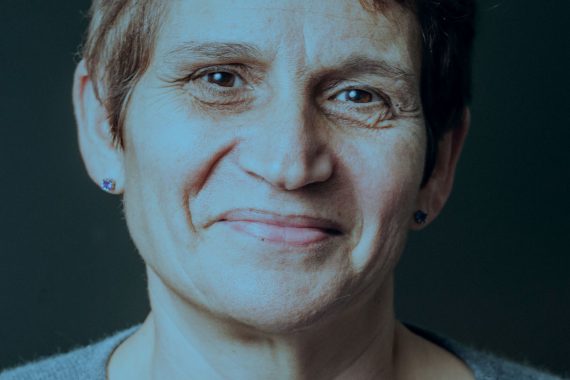Why I believe GPs need two more years of training

I am now reaching the tail end of my career, one which for the most part has been in general practice, having qualified in 1982, the year compulsory GP vocational training was introduced. As a newly qualified doctor I felt the need to visibly demonstrate my newly acquired skills and knowledge – put tubes into people, take blood, stitch them up – basically be heroic and ‘doctorish’.
I meandered through Accident and Emergency and the Whittington Medical SHO Rotation but then paused. What did I want to do? During quiet periods in my final post (yes, we had them then), I would sit in the hospital library and read the British Journal of Psychiatry. I was fascinated by what I read and psychiatry became the clear answer to my question. I applied for and got onto the Maudsley registrar rotation and spent two happy years moving around different subspecialties.
But there was a big problem. All the placements I had been on – whether as an SHO in respiratory medicine, child psychiatry or drug dependence – I had loved. I realised something that I had known since my childhood spent watching my father in his local practice, that I wanted to be a GP.
In order to become a GP at that time, one had to satisfy the Joint Committee on Postgraduate Training for General Practice (JCPTGP) requirements, which included completing four six-month placements, as well as a year in general practice, within a seven-year period. Prior training could count and while organised vocational training schemes were in place, many doctors were able to mix and match and create their own.
This allowed doctors to switch from one hospital career to general practice or, as in my case, take time to decide to become a GP. It also allowed for a longer period before qualifying as a GP and for me these extra years of training have been invaluable. Over the years my additional skills, knowledge and experience have allowed me to become a general practitioner with special clinical interest in drug/alcohol misuse, to lead a national mental health service and given me extra confidence in the consulting room.
General practice is the hardest of all the specialities but has the shortest training. Every speciality and subspecialty relies on the GP knowing what to do, when to refer and how to care for patients once discharged from their care. GPs have to care for the whole body, not just one aspect of it. To survive and thrive a lifetime in general practice I believe that we need to have several strings to our bow. Newly qualified GPs, with only three years of post-Foundation experience might have the competence and knowledge to do their job, but I do not believe three years is sufficient to instil in them the confidence they need.
As chair of the RCGP I successfully made the case for four years of training, but even this was a compromise on the five years we originally asked for. I rarely say that we need to go back to a past age, and rather than going back to the days of the JCPTGP I would propose that we maintain the three years of what we have now, but add an extra two extra years of training.
This would allow GPs to gain confidence, not just in general practice but in other clinical, managerial or leadership areas. These five years would be completed within a 10-year period, giving doctors the flexibility to take time off for family or other reasons or simply to spread their training over more years.
I would also ask for the uncoupling of VTS, at least enough to allow doctors such as myself who chose to become GPs later on to be able to use prior experience, and provide greater flexibility in completing the requirements. Instead of squeezing examinations into three years, trainees could spread them over five years or even longer.
I believe extending training this way is essential if we are to enable our future GPs to learn the art as well as the science of medicine.
Professor Clare Gerada is a member of both RCGP and BMA councils and medical director for the NHS GP Health Service.
The fee for this piece has been donated to The Louise Tebboth Foundation, established in memory of Louise Marson (nee Tebboth), a Bermondsey GP who took her life in January 2015. The Foundation aims to provide financial assistance to projects and services which support the mental well-being of doctors in England and Wales and initiatives assisting the bereaved families of doctors who have died by suicide.









